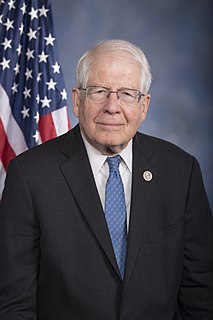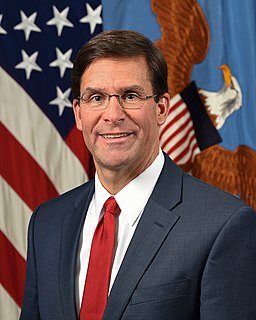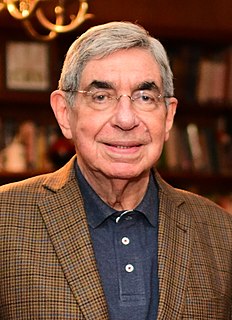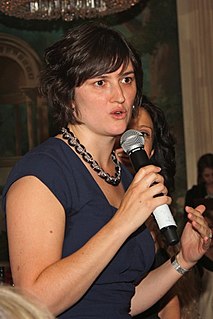A Quote by Jordan Fisher
There are over 400 parks in all 50 states that represent our country and that are enriched with stories that tell about how our country became what it is today. There is a lot of history frozen in these places.
Related Quotes
It's very important that we keep these special, wild places. It defines the United States. Imagine our country without our national parks and our monuments. Here in California, imagine if you didn't have in Southern Cal the Channel Islands or the great Highway 1, Big Sur up to Point Reyes up to the Redwood country.
Just recognizing and naming that many of the things we treat as historical fact are stories can help erode their power over our sense of identity and thinking. If they are stories rather than "truth," we can write new stories that better represent the country we aspire to be. Our new stories can be about diverse people working together to overcome challenges and make life better for all, about figuring out how to live sustainably on this one planet we share, and on deep respect for cooperation, fairness, and equity instead of promoting hyper-competitive individualism.
As a reporter, you know the tropes of how stories on poverty work in any country. A reporter will go to an NGO and say, "Tell me about the good work that you're doing and introduce me to the poor people who represent the kind of help you give." It serves to streamline the storytelling, but it gives you a lopsided cosmos in which almost every poor person you read about is involved with a NGO helping him. Our understanding of poverty and how people escape from poverty, in any country, is quite distorted.
When I went to West Point, I was there with cadets from 50 other states and territories. Cadets from other countries, and you learn all of these things about our country, about our culture, our heritage, our ethnicity. At the end of the day, you come back, we all wear green, and we all consider ourselves an Army.
My country is a country of teachers. It is therefore a country of peace. We discuss our successes and failures in complete freedom. Because our country is a country of teachers, we closed the army camps, and our children go about with books under their arms, not with rifles on their shoulders. We believe in dialogue, in agreement, in reaching a consensus.
I'm doing a lot. As you know, we've passed over 50 pieces of legislation. We have a Supreme Court judge. We have a much stronger military. We have strong borders now. We're going to get the wall. We're going to get all the things that we said. And now we're going, as you know, today is the big day. We're announcing the biggest tax cuts in the history of our country.
We're bringing the corporate rate down to 20 percent from 35 percent. That's a massive - this will be the biggest tax cut in history. In the history of our country. And that's great. And we need it. Because right now, our country's about the highest taxed or certainly one of the highest taxed in the world. And we can't have that. So we're going to have a country that's toward the lower end.
Over the last six months, I've seen what these two futures look like. And six months from now, we'll all be living in one, or the other. But only one. A country where our president either has our back or turns his back; a country that honors our foremothers by moving us forward, or one that forces our generation to re-fight the battles they already won; a country where we mean it when we talk about personal freedom, or one where that freedom doesn't apply to our bodies and our voices.

































